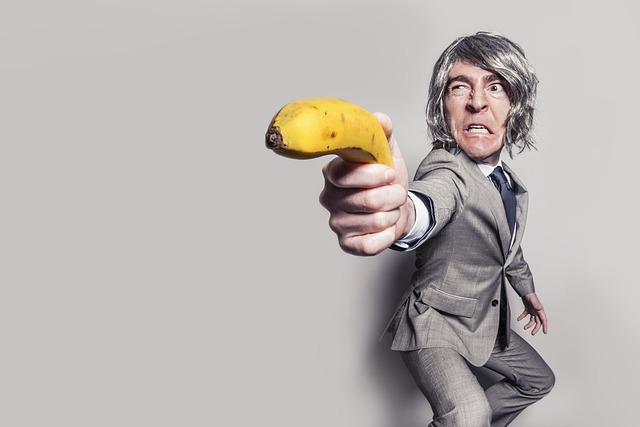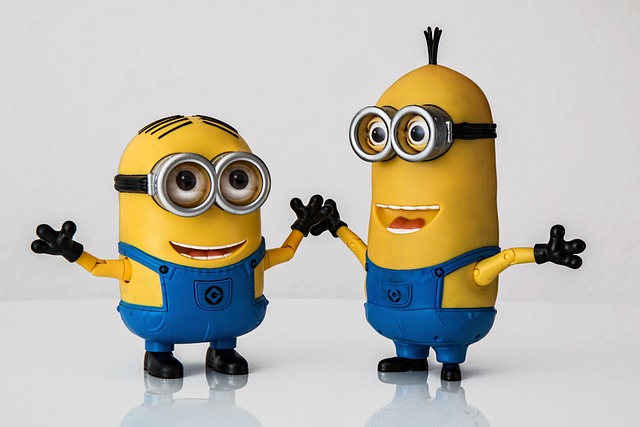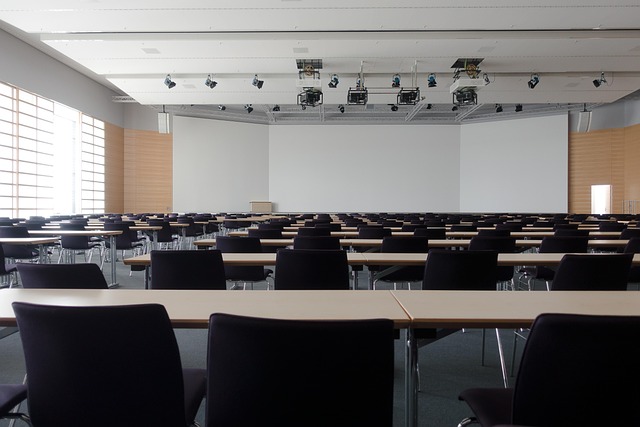
The Art of Hilarious Spoofs: Unveiling the Impact of Film Parodies on Modern Entertainment Culture
The realm of modern entertainment is a vibrant tapestry, woven from creativity, satire, and laughter. Among its many forms, the film parody stands out as a uniquely engaging genre that not only entertains but also reflects our cultural zeitgeist. As we navigate through the cacophony of contemporary media, film parodies offer a delightful escape and an insightful commentary on the very works they aim to spoof.
Film parodies have been part of the entertainment landscape for decades, evolving from simple impersonations to sophisticated analyses of popular culture. They possess a charm that resonates with audiences familiar with the originals, enhancing our appreciation of both the parody and the source material. By exaggerating the quirks and clichés of specific films or genres, parodies provide not just humor but also a lens through which we can examine societal norms and expectations.
One of the undeniable impacts of film parodies on modern entertainment culture is their ability to spark conversations. They challenge viewers to question the narratives presented in mainstream cinema. Consider how a well-executed parody can highlight the absurdities of cinematic tropes—such as the overuse of clichés, predictable plotlines, and character stereotypes. This kind of humor serves as a mirror, reflecting the sometimes ridiculous nature of the films we adore or critique.
Moreover, film parodies create a shared experience that can unite audiences across generations and backgrounds. When we gather to watch a classic spoof like Airplane!” or “The Naked Gun,” we are not merely spectators; we participate in an inside joke with those who share our understanding of the originals. This communal aspect of parody fosters togetherness, laughter, and collective memory, transforming the way we experience cinema.
In today’s digital age, film parodies are more accessible than ever. Social media platforms and streaming services allow for the rapid creation and distribution of short parody clips that can go viral overnight. This immediacy brings a new level of engagement, enabling audiences to consume and create parody content that resonates with current global events, film releases, or pop culture trends. Such adaptability keeps the genre fresh and relevant, ensuring its continued place in modern entertainment.
Furthermore, the impact of film parodies extends beyond mere entertainment; they often serve as a launching pad for emerging talent. Many renowned comedians, writers, and directors began their careers by creating parodies that garnered attention and acclaim. These creative endeavors showcase the artistry involved in crafting humor while offering insights into the original material. This cyclical nature of parody not only enriches the film industry but also continually advances the boundaries of comedic expression.
As we navigate an era where media saturation can often overwhelm us, the film parody stands as a refreshing antidote. It invites us to laugh at the very constructs of entertainment we so closely engage with, allowing for a moment of reflection amidst the chaos. In doing so, it shapes modern culture, proving that laughter is indeed a powerful tool for critique and connection.



